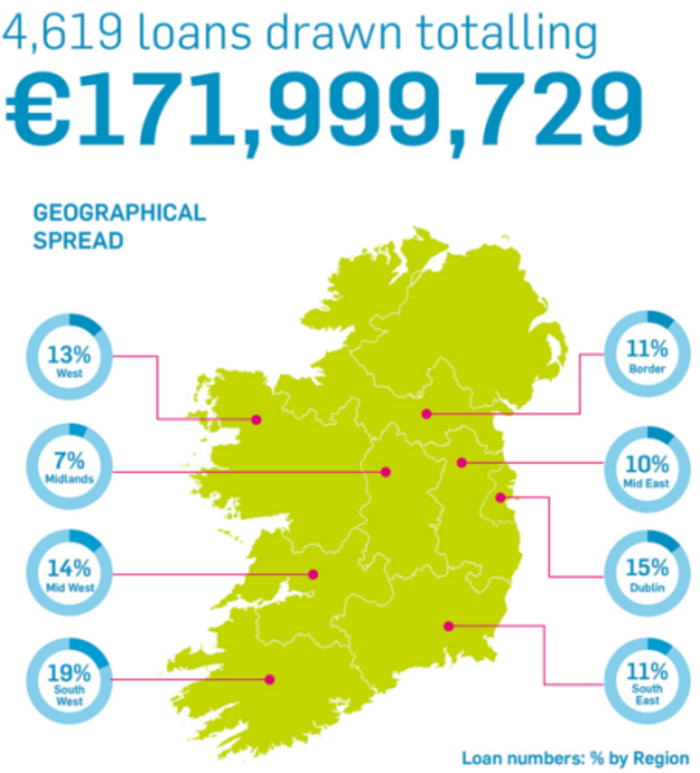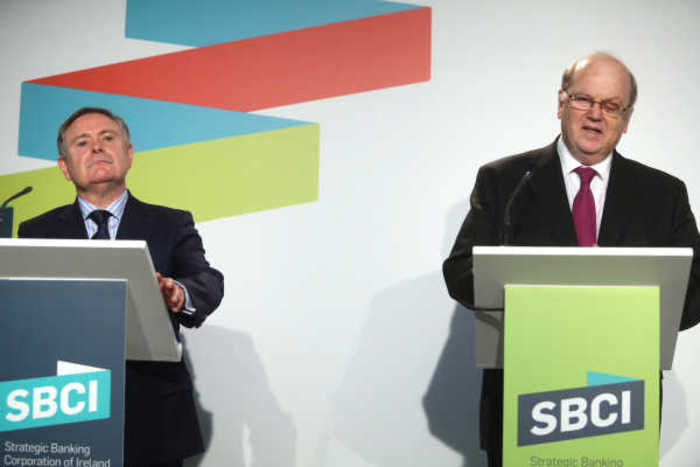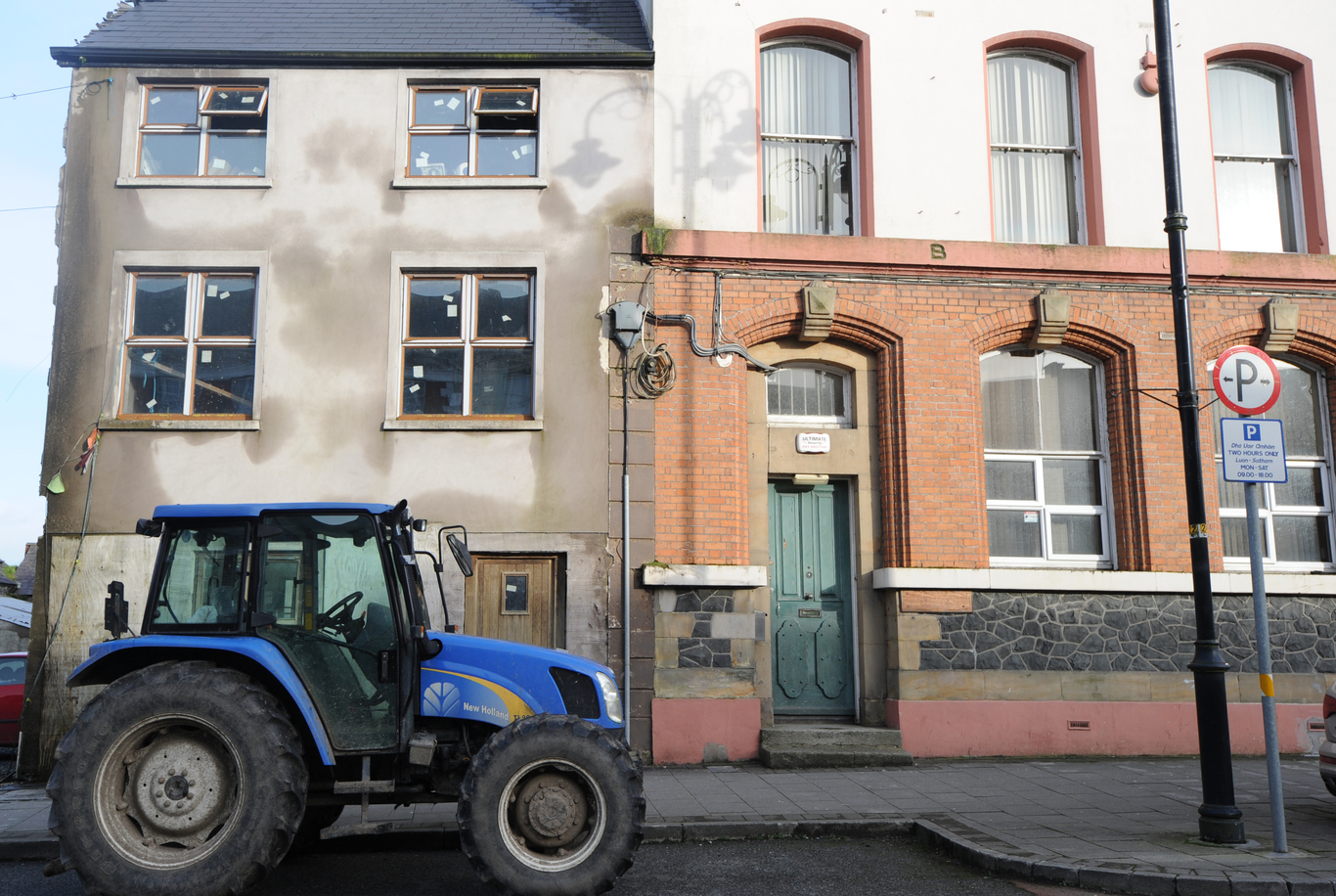A new €50m state-supported fund will put money into tractors
First Citizen Finance is offering loans to agribusinesses.
CAR LOAN PROVIDER First Citizen Finance has partnered with Ireland’s state-backed lender in a €50 million fund for agribusiness.
The company is the sixth group to join forces with the Strategic Banking Corporation of Ireland (SBCI) in a fund set up to help SMEs looking to buy or lease farm machinery like tractors and harvesters.
The money is being offered on both hire purchase and leasing deals with repayment terms of between two and seven years.
All but €10 million of the SBCI’s €800 million in funds has now been committed to the three largest banks and another three non-bank lenders.
As of the end of last year, €172 million from the total had gone to around 46,000 SMEs with the average loan size standing at €37,000.

SBCI chief executive Nick Ashmore said agribusiness SMEs already accounted for about one-quarter of all loans from the funding pool and the fact nearly all the money had been allocated to lenders showed the “significant impact” it was having on the market.
Part of the fund’s purpose has been to provide lower-cost funding to financiers with the savings to be passed on to Irish businesses.
It was assembled with funds from the European Investment Bank, Germany’s state-owned development bank and the Irish Strategic Investment Fund (ISIF), which was put together with leftover money from the National Pension Reserve Fund.

Counting the cost
SMEs in the Republic are currently paying the highest interest rates in the eurozone on average for finance with charges close to three times the level of those in the cheapest country, Austria.
Separate research released earlier this week showed Irish small and medium businesses were significantly less likely than their European peers to apply for loans for fear of rejection.
First Citizen Finance was formed in late 2012 by former Permanent TSB boss Chris Hanlon and other executives from the bailed-out lender. It launched its maiden car-loan product in early 2014 with €150 million of backing from international lenders including Deutsche Bank.






